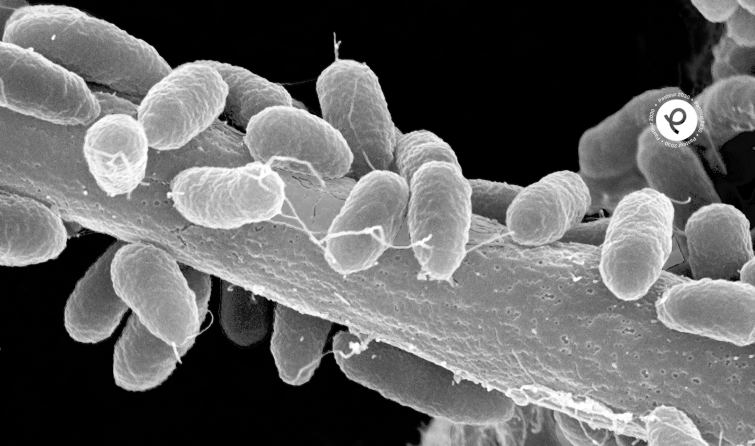
 PASTEUR2030
PASTEUR2030
Antimicrobial resistance: leading research to curb the health threat

Now a firm fixture on the annual calendar, the World Health Organization's (WHO) World AMR Awareness Week was commemorated from November 18 to 24. The week-long event is designed to heighten awareness of the global threat of resistance, particularly to antibiotics, and encourage the general public, healthcare staff and decision-makers to adopt best practices in a bid to prevent the emergence of resistance to antibiotics and curb its spread. The aim is to broaden the fight to tackle the full spectrum of antimicrobial resistance.
During the week, the Institut Pasteur shone a light on several of its research projects and scientists who are leading the fight against microbial resistance, a situation identified as one of the most serious public health threats of our time by WHO.
Take a look!
- "Antimicrobial resistance: curbing the health threat" report
With Sylvain Brisse on whooping cough (pertussis) and macrolide resistance, Olivier Schwartz on antiviral drug resistance (i.e. in HIV and SARS-CoV-2), Alexandre Alanio and Fanny Lanternier on fungi (i.e. Candida auris and Aspergillus), an interview with Guilhem Janbon on particularly hard-to-treat fungal infections, and Didier Ménard on growing resistance to antimalarial drugs (i.e. artemisinin).
(Report based on issue 129-130 of the "Lettre de l'Institut Pasteur" sent out to donors in November 2025)
- A promising avenue for improving antibiotic efficacy
Aminoglycosides are antibiotics effective against a wide range of bacteria including Escherichia coli, Pseudomonas aeruginosa and Staphylococcus aureus. Until now though, their mode of entry into bacteria has remained unknown. Scientists at the Institut Pasteur, working with teams from Inserm, the CNRS and Université Paris Cité, have recently demonstrated that aminoglycosides enter bacteria by using sugar transporters. In addition to this discovery, they have also successfully doubled the number of transporters, even in the most resistant Escherichia coli strains, thus improving antibiotics' penetration rate and efficacy.
Check out the video with Didier Mazel
- Ecology and health – phages interact with many bacteria in ecosystems
Phages (bacteriophages), viruses that infect bacteria, are the most abundant genetic entities in our environment. A study published in Nature Microbiology challenges the common preconception that they only infect a limited number of hosts: a significant proportion of phages can interact with several bacterial species (5 to 10%).
- A new class of molecules to combat resistant bacteria
Scientists working in France have selected a new class of molecules known as ruthenium-modified aptamers to eliminate Streptococcus pneumoniae bacteria, responsible for pneumococcal disease. Their pioneering approach is an alternative method for combating these bacteria, which can be resistant to traditional antimicrobial treatments.
Social media has also been involved in raising public awareness of the issue. Watch the new video by social media influencer The French Virologist, who collaborates with the Institut Pasteur to push health messages in her own distinctive style!
- The battle against antimicrobial resistance with The French Virologist
Infection, antibiotics, bacteria, antimicrobial resistance, challenges, solutions, phage therapy, novel antibiotics and AI are all key words you'll find in the French Virologist's new reel.